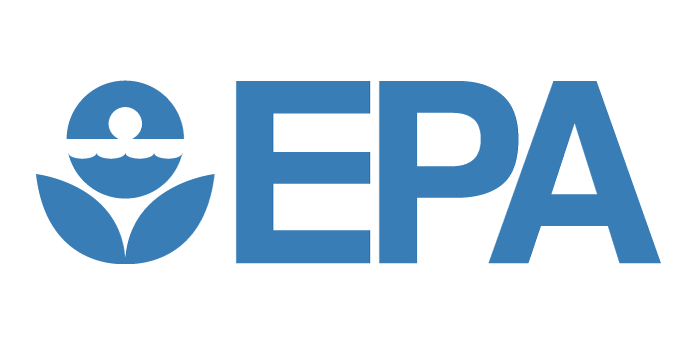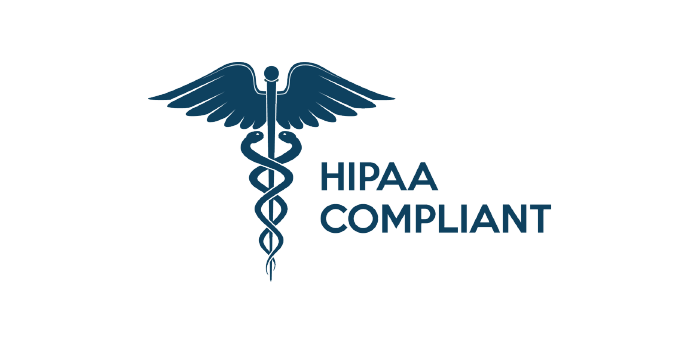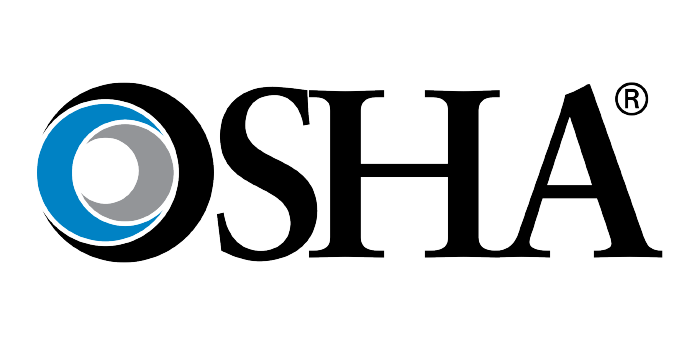Medical Waste Segregation and Handling
Proper segregation of medical waste is critical to reduce risks and ensure compliance with California's medical waste management regulations. In general clinics, the following procedures must be followed:
- Sharps Waste: Must be disposed of in puncture-resistant, leak-proof containers clearly labeled with the word “Sharps” and the Sharps symbol. These containers must be sealed securely when full and transported for incineration or other approved disposal methods.
- Infectious Waste: Items contaminated with blood or other bodily fluids (e.g., blood-soaked bandages, swabs, cotton balls, gloves) should be placed in red bags or containers marked as “Infectious Waste”. These bags should be leak-resistant and securely sealed.
- Pathological Waste: Human tissues, organs, and body parts must be disposed of as pathological waste in appropriate containers. Such waste requires incineration or other treatment methods to ensure that biological hazards are safely destroyed.
- Pharmaceutical Waste: Medications that are expired, unused, or improperly disposed of, including controlled substances, must be separated and handled according to federal and state laws. They should not be disposed of in regular trash or down the drain. Unused or expired pharmaceuticals should be disposed of via reverse distribution or licensed waste haulers.
- Laboratory Waste: Laboratory waste, such as used petri dishes, slides, and culture media, should be disposed of according to whether it is considered infectious or chemical waste.
Storage of Medical Waste
Medical waste must be stored safely and in accordance with California regulations to prevent accidents and contamination. Key requirements include:
- Designated Storage Area: Medical waste should be stored in a secure, designated area that is away from public access and has restricted access to authorized personnel. This area should be clearly marked with signage indicating the presence of medical waste.
- Proper Containers: Containers used for the storage of medical waste should be puncture-resistant, leak-proof, and appropriately labeled with the words “Medical Waste” or the relevant waste type (e.g., “Infectious Waste” or “Sharps”). Containers should be sealed tightly to prevent leaks or exposure.
- Temperature and Conditions: Medical waste should be stored in a cool, dry area to prevent decomposition. Infectious waste, in particular, should not be stored in areas with excessive heat or moisture.
Transportation of Medical Waste
Medical waste generated at a general clinic must be transported by a licensed medical waste hauler. Haulers must be authorized by the California Department of Public Health (CDPH) and must follow strict guidelines for waste transportation.
Key guidelines for transporting medical waste:
- Licensed Waste Haulers: Only licensed medical waste haulers can transport waste. Clinics must contract with a licensed hauler to ensure proper transportation to a disposal or treatment facility.
- Tracking System (Manifest): A manifest (tracking form) must be used to track medical waste as it moves from the clinic to the disposal facility. The manifest tracks the quantity, type of waste, and destination of the waste. The clinic must keep copies of these records for three years.
- Secure Containers: Medical waste should be transported in secure containers that are leak-proof and properly sealed to prevent exposure or contamination during transport.
Disposal Methods for Medical Waste
The method of disposal depends on the type of waste generated. Common disposal methods include:
- Autoclaving: Infectious waste that has been properly segregated may be sterilized using autoclaving (steam sterilization). After autoclaving, the waste can be safely disposed of in a landfill.
- Incineration: Sharps and pathological waste should generally be incinerated to ensure that any biological hazards are neutralized. Incineration is also the preferred method for pharmaceutical waste and chemotherapeutic waste.
- Landfills: Non-hazardous waste, such as some laboratory waste, may be disposed of in municipal landfills once it has been treated (e.g., autoclaved).
- Chemical Waste Disposal: Any chemical waste (e.g., reagents used in medical labs or pharmaceuticals) must be disposed of according to the California Department of Toxic Substances Control (DTSC) guidelines'.
- Pharmaceutical Waste: Controlled substances (e.g., narcotics) must be disposed of through DEA-approved methods, such as reverse distribution (returning unused drugs to the manufacturer) or through a licensed disposal facility.




